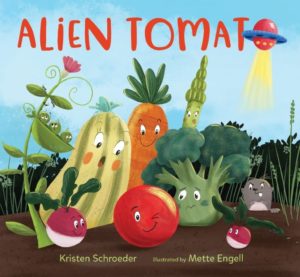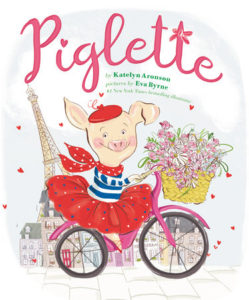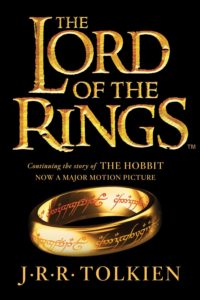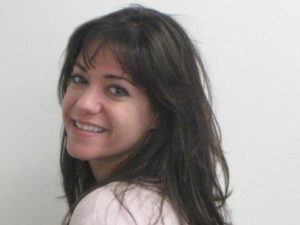 Let me introduce you to literary agent Liza Fleissig, who opened the Liza Royce Agency (LRA) with partner Ginger Harris-Dontzin in 2011. They describe their business as “a cross-platform company providing development, representation, and strategic career management for clients in all media” that has a goal “to represent clients in all stages of their careers, from the most established to those developing their craft, as well as debuts.”
Let me introduce you to literary agent Liza Fleissig, who opened the Liza Royce Agency (LRA) with partner Ginger Harris-Dontzin in 2011. They describe their business as “a cross-platform company providing development, representation, and strategic career management for clients in all media” that has a goal “to represent clients in all stages of their careers, from the most established to those developing their craft, as well as debuts.”
An unexpected bonus that Liza and Ginger bring to the agenting world is a combined 40 years of negotiating experience thanks to being partners in NYC litigation firms prior to launching LRA. From the start, LRA books have won awards and made waves.
Let’s find out why!
RVC: Clearly you had other plans than being a literary agent (witness those many years in the legal world). What got you back into a more bookish life?
LF: I had been searching for something creative to do for a long time after my children were born. I loved practicing law, but it started to feel more like a chore than a career, and I knew it was time to take a break. I’m a voracious reader and always had a strong sphere of influence from friends in the publishing and film industries, and the light bulb just went off. I guess when you come from an entrepreneurial family, it’s in your blood to take risks and try new things.
RVC: Most people who interview agents ask this same question: “What does a typical day in your life look like?” I’ll bet my next picture-book manuscript that I already know your answer, which has six parts, given in no particular order beyond how they came to me.
- being a great mom to kids (school, homework, sports/events)
- making terrific meals (more on this later)
- pounding through work emails, dealing with contracts, and reading/editing client work
- multitasking (probably with lunch meetings, exercise, and hobbies)
- being an attentive spouse/family member
- reading, reading, reading until the stars lull you to sleep
Well, did I nail it? Am I close?
LF: Wow, if only… You make it sound so seamless.
My life is more of a comedic sitcom. Especially these days–between the pandemic, remote learning, clients around the country, working with our LA people, and finalizing a project with a company in India–I barely know what day it is. I always try to start the day with a plan, but inevitably by mid-morning madness ensues; though somehow, almost magically, everything falls into place by the time my husband gets home.
Seriously, one time on a work conference call, my new puppy spilled her water bowl so I slipped and fell, as my daughter called out that her toilet was clogged, and a bottle of ketchup crashed everywhere as I knocked it over trying to get to the paper towels. My apartment looked like a crime scene.
But by the end of the day, it was like it never happened…
RVC: I know the feeling!
Since your life is full of curve balls, let me toss you one more by way of asking something that people rarely ask industry folks. What do you see as the role of the picture book writer in the world?
LF: Such a great question! Picture books are such a special way to introduce kids to the world around them. So, writers who can break down important subjects, offer developmentally appropriate information, or discuss exceptional inspiring people in relatable terms, play such an important role in our future generations’ ways of thinking.
That said, picture book writers should also bring joy and the silly. Like adults, kids need downtime too–and sometimes just want to have fun!
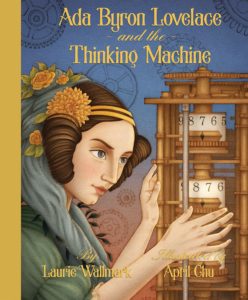 RVC: One of your first big picture book hits was Ada Byron Lovelace and the Thinking Machine, by Laurie Wallmark (who we just interviewed at OPB a few months back). What was it about that book that landed so well with readers and critics (witness three starred reviews—Kirkus, PW, and Booklist)?
RVC: One of your first big picture book hits was Ada Byron Lovelace and the Thinking Machine, by Laurie Wallmark (who we just interviewed at OPB a few months back). What was it about that book that landed so well with readers and critics (witness three starred reviews—Kirkus, PW, and Booklist)?
LF: Ahh, Laurie Wallmark is an über talented nonfiction writer. You might be surprised to know that her books often take months, if not years, to research. She literally checks out every single book she can find in the library about her subject, often even from other lending libraries. And unlike many picture book bio authors, she writes the dialogue with the subject’s actual words. Through diaries, letters, and other artifacts, she weaves stories with so much dimension.
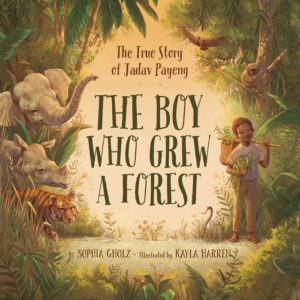 RVC: Another of your books that’s now garnering a lot of awards and attention is a book we featured here at OPB—Sophia Gholz’s The Boy Who Grew a Forest. That book came out a year ago, though, and my writer friends who publish adult titles with big NYC houses tell me their books get a few months before being deemed a winner (or not).
RVC: Another of your books that’s now garnering a lot of awards and attention is a book we featured here at OPB—Sophia Gholz’s The Boy Who Grew a Forest. That book came out a year ago, though, and my writer friends who publish adult titles with big NYC houses tell me their books get a few months before being deemed a winner (or not).
How true does that limited success window seem to be for picture books?
LF: There is no magic formula, and whether a big house deems something a winner or not, we see things differently. There are many backlisted books that still get a ton of our attention, and rightly so. Sure, it’s great if your book comes out of the gate swinging, but others can attain just as much success with a slow burn. Circumstances can’t be controlled (pandemic, weather, etc.) but a good book is a good book anytime it finds its way into the right reader’s hands!
RVC: What about for MG or YA?
LF: The same holds true for MG and YA.
RVC: Let’s talk about the challenge of building a brand. In your mind, what IS a successful writer brand? At what point in a writing career should someone have one? What might a writer expect an agent do to create/maintain/expand their brand?
LF: This is not a quick answer or even a one-size-fits-all kind. Some writers are prolific, writing across different genres and even age groups. Others definitely benefit from having a brand–but what is “successful” isn’t the “brand,” it’s the author. Either the author is finding his or her audience, or not. And, what to expect from an agent is opening a Pandora’s box.
I don’t want to speak for others, but LRA is a cross-platform agency, so we really work with our clients on all levels, from development of the IP to exploiting it on different mediums, and doing so can often include marketing support, from helping with social media building to organizing launch events.
RVC: Your client, Amy Moore, says she knew you were The One when you gave a list of spot-on revision requests. How extensive do those get? And how much back-and-forth generally happens between a client first sending you a manuscript and you firing it off to editors?
LF: As many times as it takes. Full stop.
RVC: Great answer!
LF: We have a very intensive process, both with employing former acquiring editors to weigh in for us, along with our own comments. And between the two of us, Ginger is really the “Picture Book Queen” and goes way into the weeds on PB revisions and it often takes numerous rewrites before we even consider sending it off. Yes, it can take a while, but LRA is known for very strong and polished submissions, even if they miss the mark, and that will never change.
RVC: Your clients are lucky, lucky, lucky,
Now, when you started LRA, it seemed like you participated in a lot of conferences, events, and contests. How much is that a part of what you do now?
LF: No dust grows here. We are happy to attend all of the conferences we did before, such as SCBWI and Thrillerfest any time they will have us–even virtually–and are always open to new ones. We believe that engaging with the community and meeting talent at all stages in their career remains important.
RVC: In all your experience with agenting, what has surprised you the most?
LF: How even when an editor loves a book, and an entire editorial team loves a book, it can still be turned down at acquisitions. There are so many aspects to this business that transcend the joy of storytelling, which can be super frustrating.
RVC: I’ll squeeze in one more question before getting to the last part of the interview. Some people might not realize this, but you’re a longtime, hardcore vegan who makes meat dishes for your family. If you were ever going to eat meat again, which of your own dishes would you nosh on?
LF: Honestly, it’s a non-starter. I have been vegan for decades, before it was even a “thing,” and meat doesn’t appeal to me on any level. But if you’re hinting at which meals am I most known for? Lambchops are my kids’ favorite, with my Mexican taco night being a close second, and then meat lasagna and Cajun shrimp with sausage are tied at third.
That said, I started making “Freezer Family meals” with a crock pot during the pandemic, and I feel like a major chef now 😊
RVC: I’m trying to stop thinking about tacos because it’s time for the SPEED ROUND! Quicky questions and zippy answers, please. Ready?
LF: Sure.
RVC: What secret talent do you have that no one would suspect?
LF: I have a keen intuition–my family calls it my Spidey Sense and friends call me a witch!
RVC: What’s your literary mascot?
LF: Ha! My puppy. She is a Maltipoo and her name is Lambchop. Lamby follows me everywhere!
RVC: Your favorite place to get pizza in NYC?
LF: This is tricky since as you noted, I’m vegan. But my kids love Don Filippo. They have tons of different types of pizza you can get by the slice plus their garlic knots are fantastic.
RVC: The last WOW-good picture book not by a client?
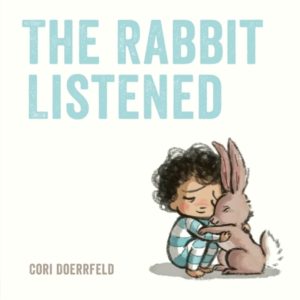 LF: The Rabbit Listened by Cori Doerrfeld–it’s stunning and brilliant. And I am happy to give a shout-out to Cori’s agent, Rachel Orr, who is amazing at spotting talent.
LF: The Rabbit Listened by Cori Doerrfeld–it’s stunning and brilliant. And I am happy to give a shout-out to Cori’s agent, Rachel Orr, who is amazing at spotting talent.
RVC: What would Ginger say is your agenting superpower?
LF: That I am relentless and never give up when I am passionate about a project.
RVC: The next picture book trend you hope to see?
LF: Hmmm…that’s a good question. Not sure about a “trend” but I think any PB that empowers kids or deals with a historical subject that engages a child to read and learn are my soft spots. Those and silly ones! There’s always room for humor!
RVC: Thanks for stopping by OPB, Liza. We loved having you here!
LF: Thanks for having me! It’s always humbling to be asked.


 This month, we welcome Stephen Barr to the
This month, we welcome Stephen Barr to the 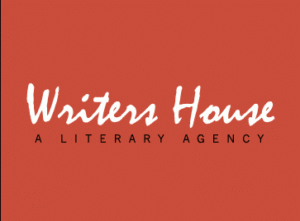
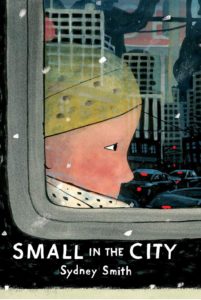
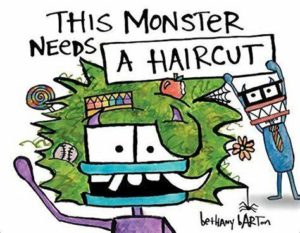
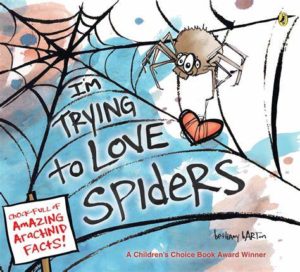
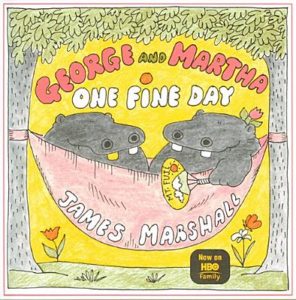
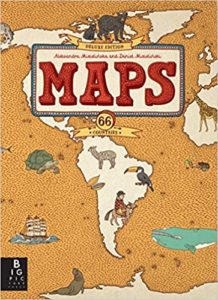
 While
While 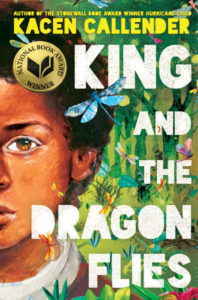
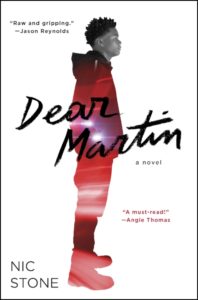
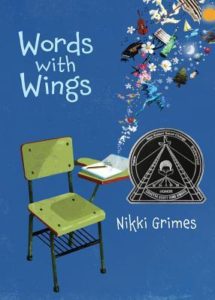
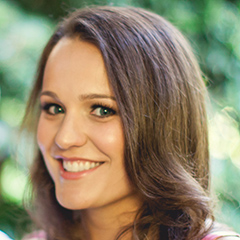 Let’s give a big
Let’s give a big 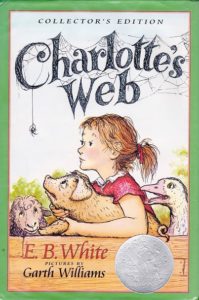
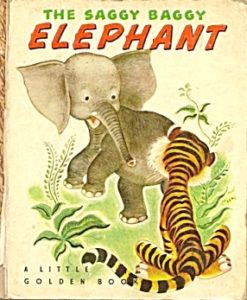
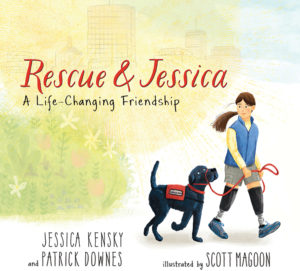
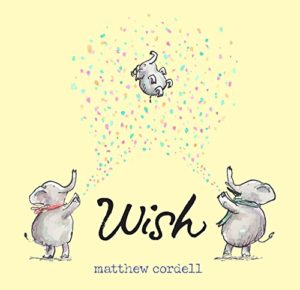
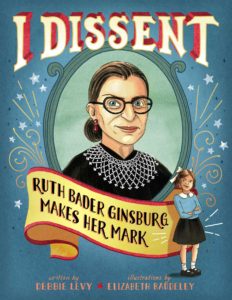
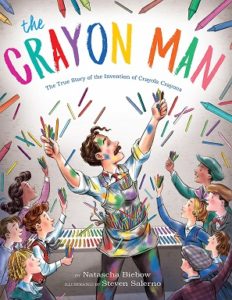
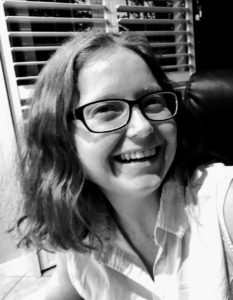 This month’s Industry Insider Interview is an interesting one because our interview subject, Kaitlyn Sanchez, can come at picture books from so many angles.
This month’s Industry Insider Interview is an interesting one because our interview subject, Kaitlyn Sanchez, can come at picture books from so many angles.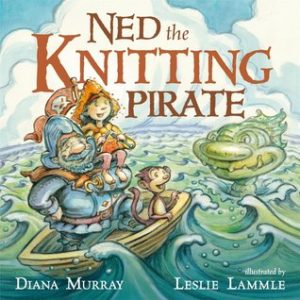
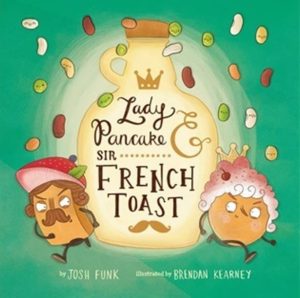
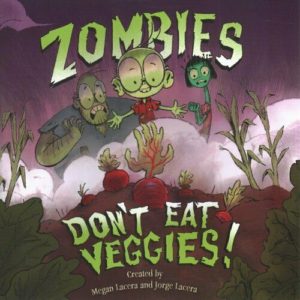
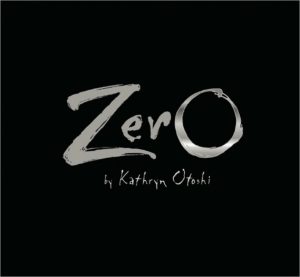
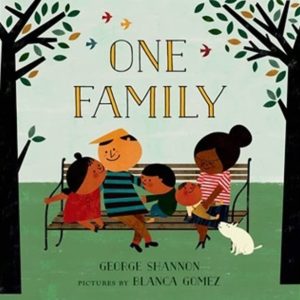
 The June Industry Insider interview is with none other than Christa Heschke, who’s been with McIntosh
The June Industry Insider interview is with none other than Christa Heschke, who’s been with McIntosh 